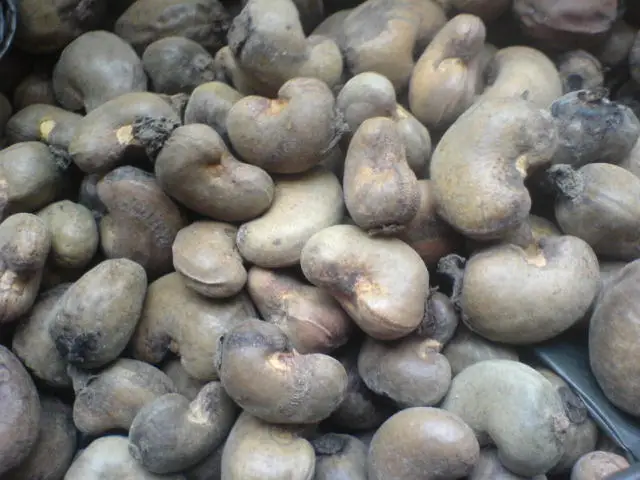National
President of the body, Tola Faseru,
who disclosed this in Lagos, said based on earlier letter to government, the
waiver was approved in 2016 to get the bags at reduced price for cash export,
but close to two years after the approval, it is yet to be implemented.
With
the current progress of the commodity standing at 220,000 metric tonnes (mt)
yearly, as against 90,000mt in 2011, the country currently imports jute bags
worth N1.430b at the rate of N500 per bag, which not only increases the cost of
production, but has also forced others to adopt a strategy of using fairly used
bags (Tokunbo) for exportation.
Demand
for jute sacks is rising daily, as the country relies solely on importation. In
2015, Nigeria spent N5.60b to import jute bags alone.
The
demand gap has forced commodity exporters to import fairly used jute sacks from
Ghana, despite the country’s capacity to farm kenaf in 23 states and process it
into jute bags and other related products.
Sadly,
most of the jute bags from Ghana, already used for fish before being sold to
Nigeria are being used to package cashew for export and when it gets to Europe,
one of the reasons they are rejected is because the cashews nuts will have been
affected by the fish odour. http://www.tectono-business.com/2016/02/contemporary-step-by-step-guide-to.html
Faseru
said the Minister of Agriculture, Audu
Ogbeh, is trying to reawaken the manufacture of jute bags, by putting in
place machineries and encouraging farmers too.
It was
learnt that two kenaf factories were established in Badagry, Lagos State and in
Jos, Plateau State in 1960, with the aim of encouraging commercial kenaf
farming, to produce items like jute bags for the storage of agricultural
produce, and for export of cocoa, cashew and palm kernel.
Continuing,
Faseru noted that the cashew value chain has witnessed tremendous growth since
2011 with improved packaging that has positively impacted its quality. “Cashew has proved to be better than other countries, due to
support from government, commitment of the stakeholders, exporters and farmers.”
he said.
He
said things are being put in place for the country to begin export of processed
cashew this year, as promised by the minister, noting that processing has to be
adequately done to ensure that the product competes favourably with products
from other countries. “Before the end of the year, new
companies will come on stream, private initiatives are going to come onboard
also,” he said. (Guardian)
Have you heard this? Many
Nigerian exporters have been defrauded of huge amount of money in the process
of exporting commodities to foreign countries. Do you know why? They were not
trained on export operations, management, documentations and the best methods
of payment in export trade. This is terrible!!! Nigerians cannot continue to
lose money to foreigners in the course of export business. Exporters, why don’t
you get a practical manual that teaches the stages of export trade from
processing and packaging of commodities to receipt of payment by the foreign
buyers. It teaches export operations, export management, export documentations
and methods of payment in export trade? It is a contemporary step-by-step guide
to export trade. It tells all the contemporary dynamics in export trade. To get
it, click on the link below:
Hmmm!!! Folks, have you ever
imagined how the financial status of your firm will be when more than 20,000
CEOs and other key decision makers of blue-chip corporations pay for your
products and services or even give you very juicy deals. The link below will
tell you more: http://www.tectono-business.com/2015/07/tectono-business-review-in-conjunction_21.html



No comments:
Post a Comment